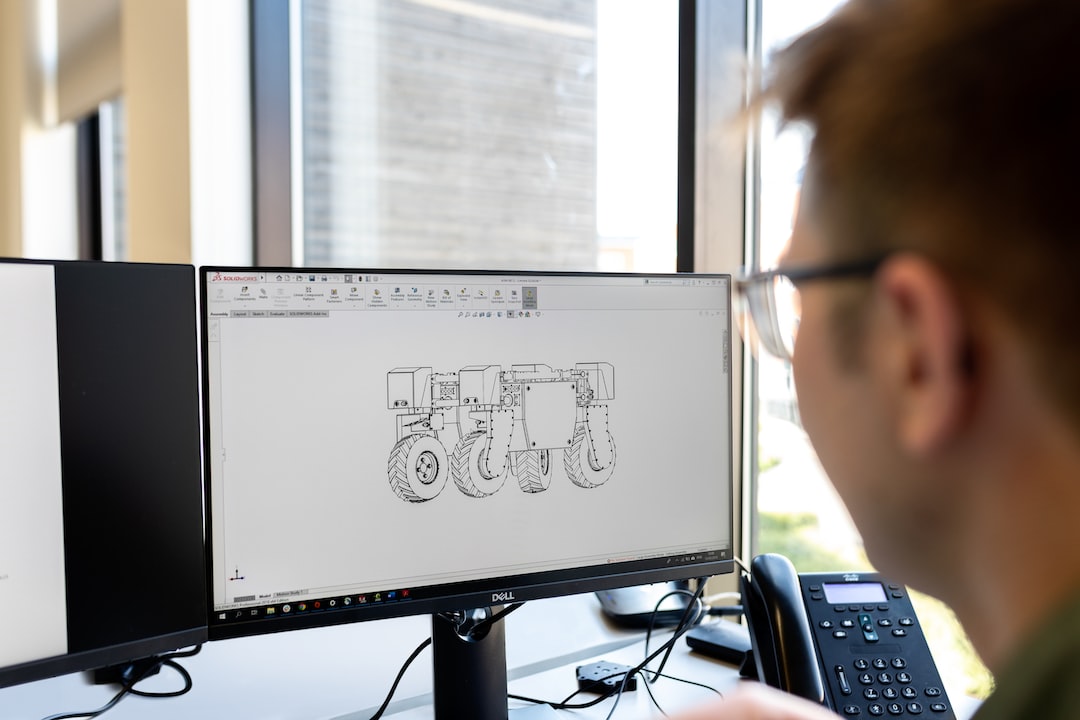The Future of Space Exploration: Engineering Challenges and Opportunities
Space exploration has always been a subject of fascination and awe for humanity. From the first moon landing to the ongoing missions to Mars, the exploration of outer space has pushed the boundaries of human knowledge and engineering capabilities. As we look towards the future, it is clear that there are numerous challenges and opportunities awaiting us in the field of space exploration.
One of the major engineering challenges in space exploration is the development of advanced propulsion systems. Currently, most spacecraft rely on chemical rockets for propulsion, which are highly inefficient and have limited capabilities. However, there have been significant advancements in the development of electric and ion propulsion systems, which have the potential to revolutionize space travel. These systems use electric fields to accelerate charged particles and provide higher thrust with less fuel consumption. Implementing these propulsion systems would allow us to reach distant planets and explore the outer reaches of our solar system at much faster speeds.
Another engineering challenge in space exploration is the development of sustainable life-support systems for long-duration space missions. As we aim to send humans to Mars and beyond, we need to ensure that astronauts have the necessary resources to survive in space for extended periods. This includes finding ways to generate and recycle oxygen, water, and food in the harsh environment of space. Additionally, mitigating the negative effects of long-term space travel on human health, such as muscle and bone loss, will require innovative engineering solutions.
Furthermore, the future of space exploration also presents opportunities for advancements in material science. The extreme conditions of space, including radiation and temperature fluctuations, require the development of materials that can withstand these harsh environments. Lightweight and durable materials are essential for building spacecraft that can withstand the rigors of space travel and protect astronauts from harm. Research in materials science will continue to be vital in advancing space exploration and enabling us to build more robust and efficient spacecraft.
In addition to the engineering challenges, space exploration also presents opportunities for scientific discoveries that can reshape our understanding of the universe. For instance, exploring distant celestial bodies, such as asteroids and moons, can provide valuable insights into the origin and evolution of our solar system. Discovering new exoplanets and studying their atmospheres can also shed light on whether life exists beyond Earth. These scientific breakthroughs have the potential to not only expand our knowledge but also have profound implications for the future of humanity.
Collaboration between different countries and international space agencies is crucial for the successful future of space exploration. The challenges and costs of space exploration are substantial, and no single country or agency can accomplish it alone. By pooling resources, expertise, and technologies, we can achieve greater milestones in space exploration. International cooperation fosters knowledge sharing and promotes the development of new ideas, ultimately leading to more ambitious missions and discoveries.
The future of space exploration holds immense potential for both engineering and scientific advancements. Overcoming the challenges in advanced propulsion, life-support systems, and materials science will pave the way for more ambitious missions and the colonization of other celestial bodies. The opportunity to make groundbreaking discoveries and potentially find evidence of extraterrestrial life motivates scientists and engineers to push the boundaries of what is possible.
As we venture further into the unknown reaches of space, it is essential to remember that space exploration is not just a scientific endeavor but also a testament to human curiosity and ambition. The engineering challenges may be significant, but so are the rewards. The future of space exploration promises to expand our horizons, deepen our understanding of the universe, and inspire generations to come.


